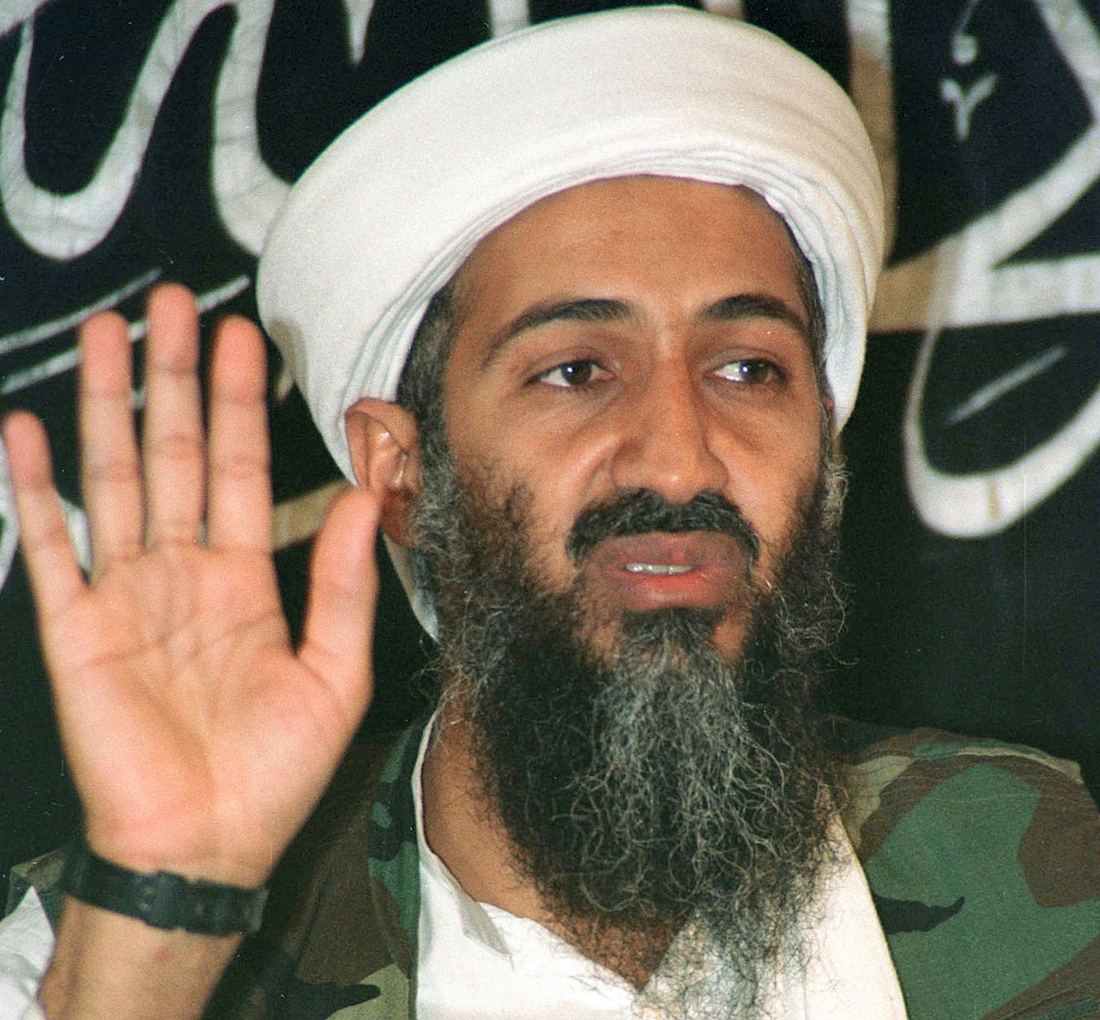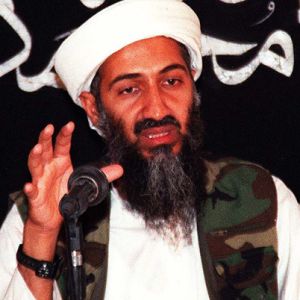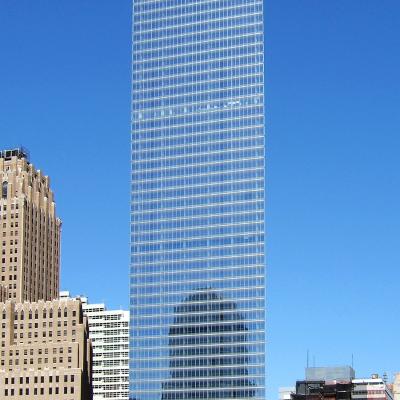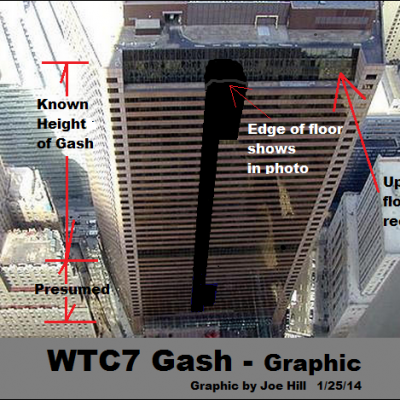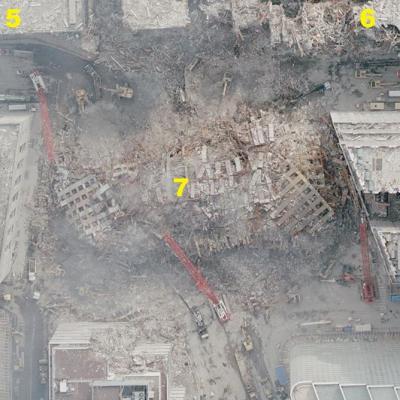The disclosures are known to come from French intelligence which is keen to reveal the ambiguous role of the CIA and to restrain Washington from extending the war to Iraq and elsewhere.
Bin Laden is reported to have arrived in Dubai on July 4 from Quetta in Pakistan with his own personal doctor, nurse, and four bodyguards, to be treated in the urology department. While there he was visited by several members of his family and Saudi personalities, and the CIA.
The CIA chief was seen in the lift, on his way to see Bin Laden, and later, it is alleged, boasted to friends about his contact. He was recalled to Washington soon afterward.
Intelligence sources say that another CIA agent was also present; and that Bin Laden was also visited by Prince Turki al Faisal, then head of Saudi intelligence, who had long had links with the Taliban, and Bin Laden. Soon afterward Turki resigned, and more recently he publicly attacked him in an open letter: "You are a rotten seed, like the son of Noah".
The American hospital in Dubai emphatically denied that Bin Laden was a patient there.
Private planes owned by rich princes in the Gulf fly frequently between Quetta and the Emirates, often on luxurious "hunting trips" in territories sympathetic to Bin Laden. Other sources confirm that these hunting trips have provided opportunities for Saudi contact with the Taliban and terrorists since they first began in 1994.
Bin Laden has often been reported to be in poor health. Some accounts claim that he is suffering from Hepatitis C, and can expect to live for only two more years.
According to Le Figaro, last year he ordered a mobile dialysis machine to be delivered to his base at Kandahar in Afghanistan.
Whether the allegations about the Dubai meeting are confirmed or not, the wider leaks from the French secret service throw a worrying light on the rivalries and lack of coordination between intelligence agencies, both within the US and between western allies.
A familiar complaint of French intelligence is that collaboration with the Americans has been essentially one-way, with them happy to receive information while giving little in return.

